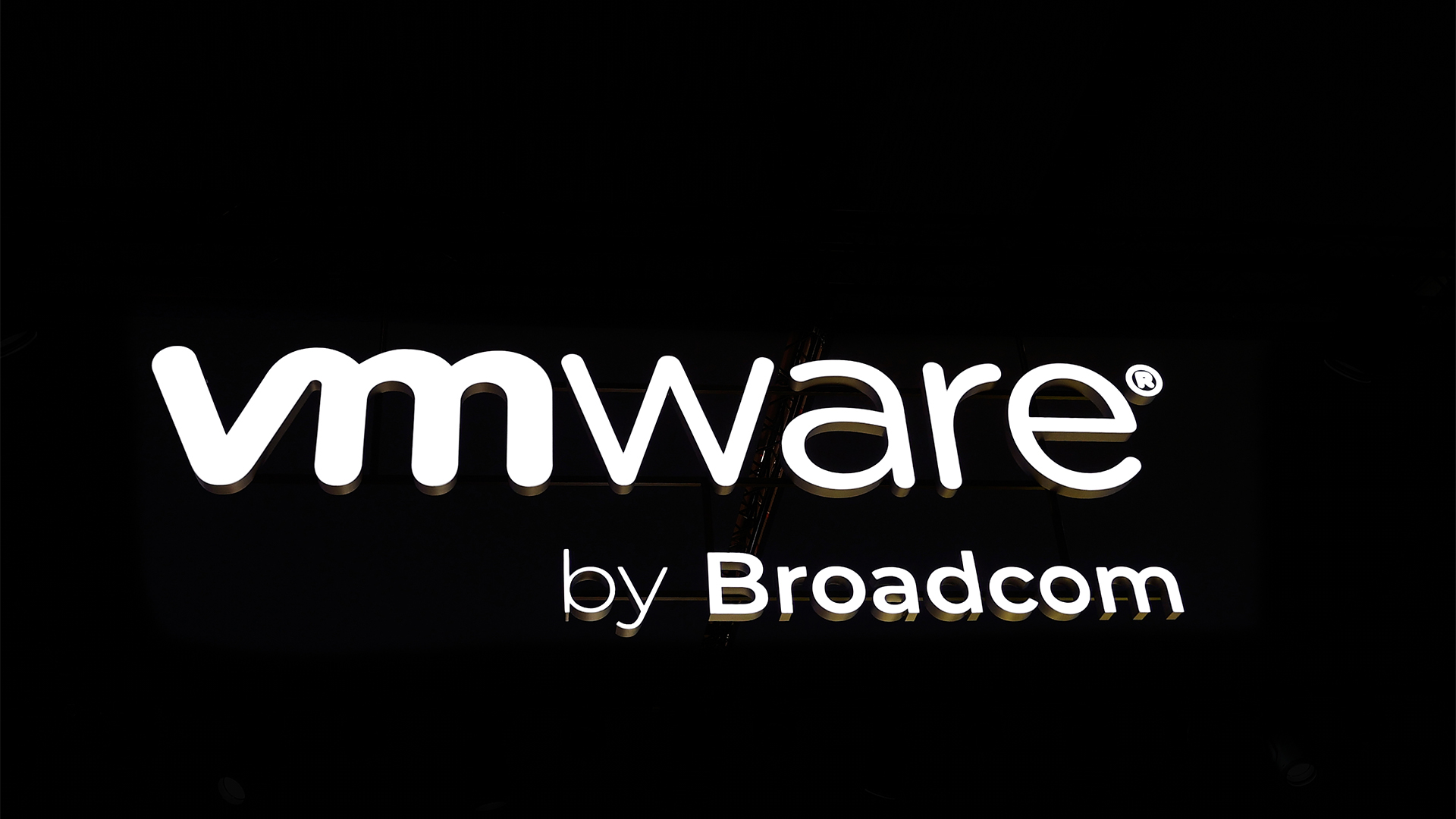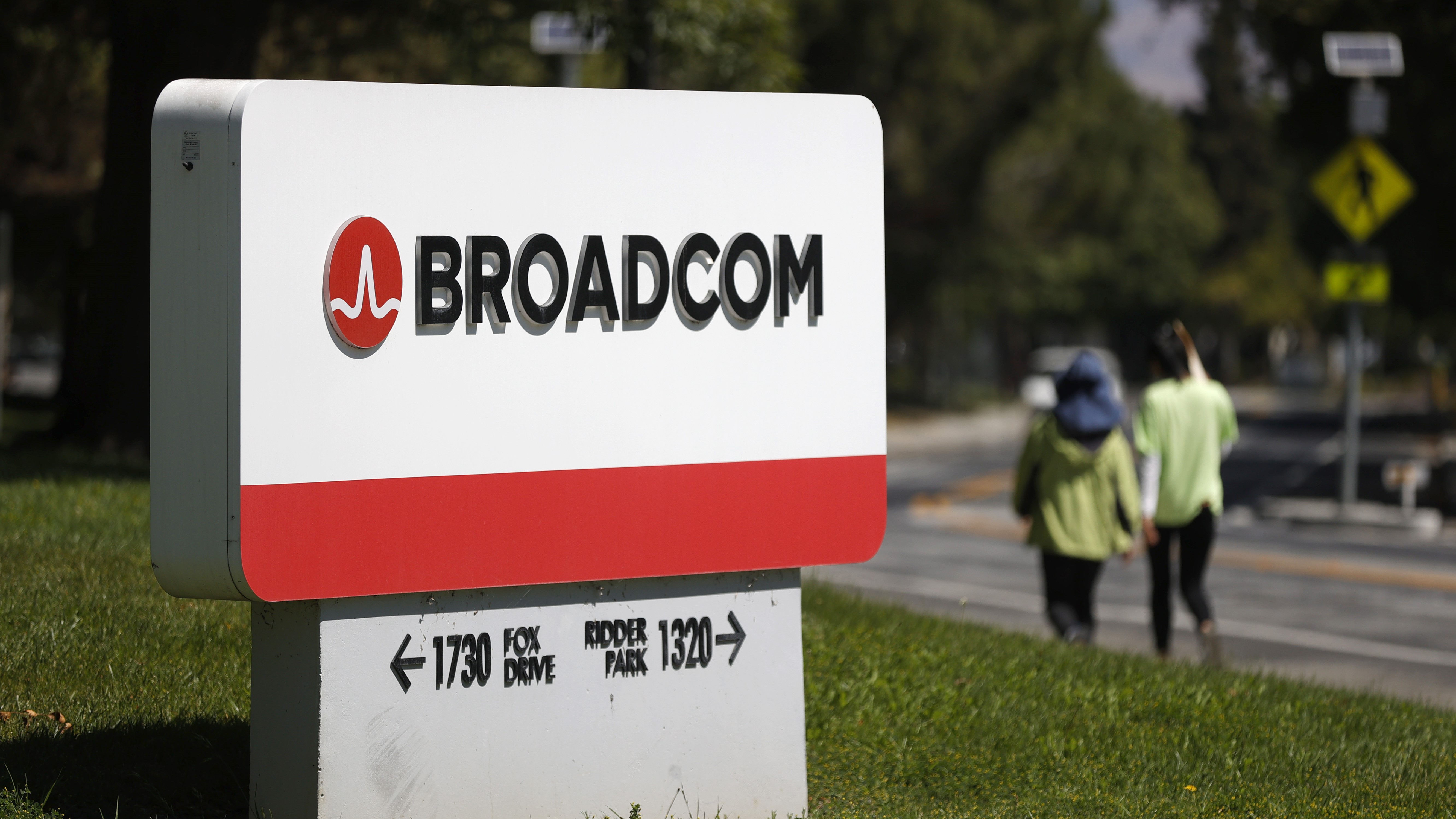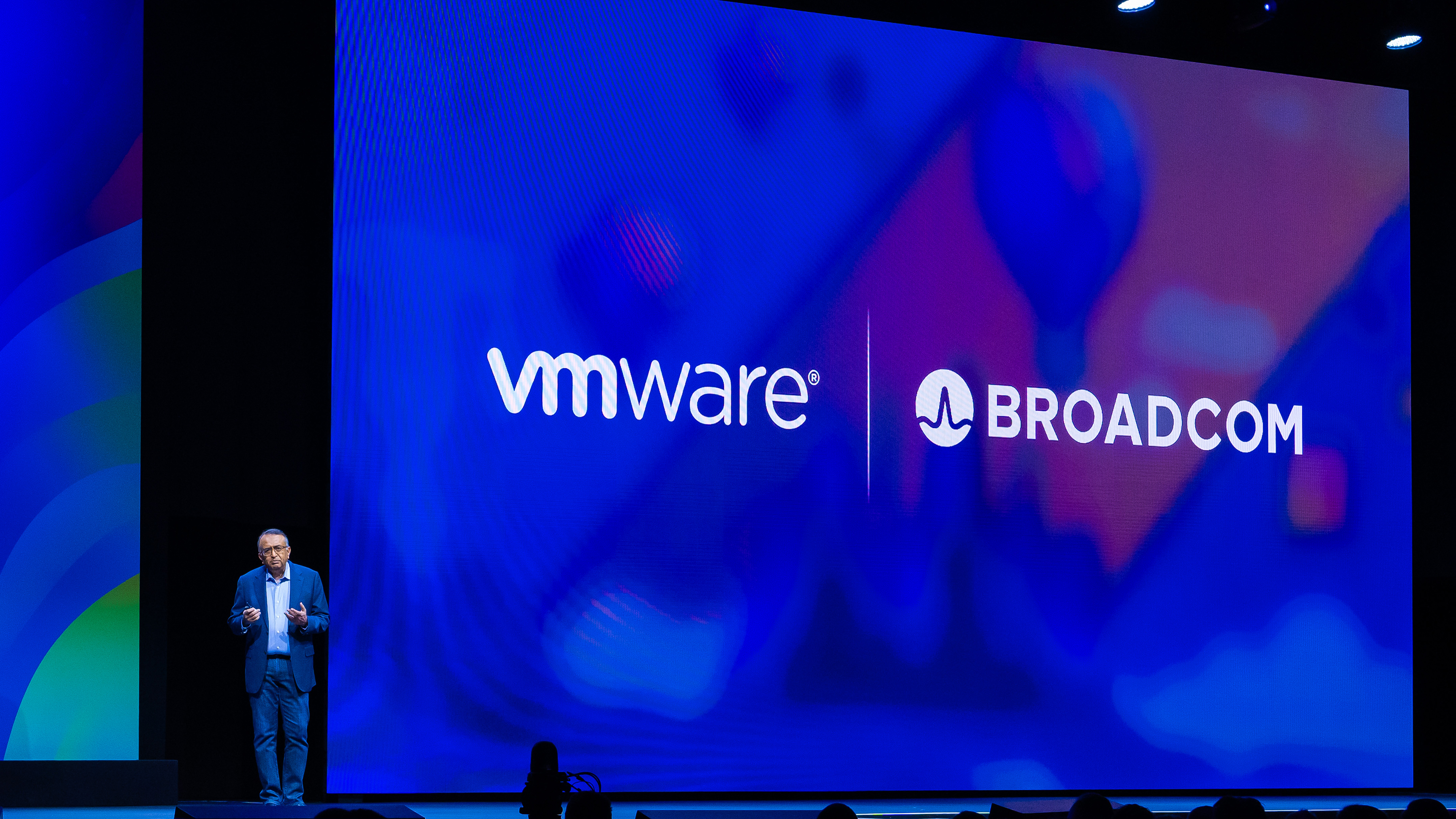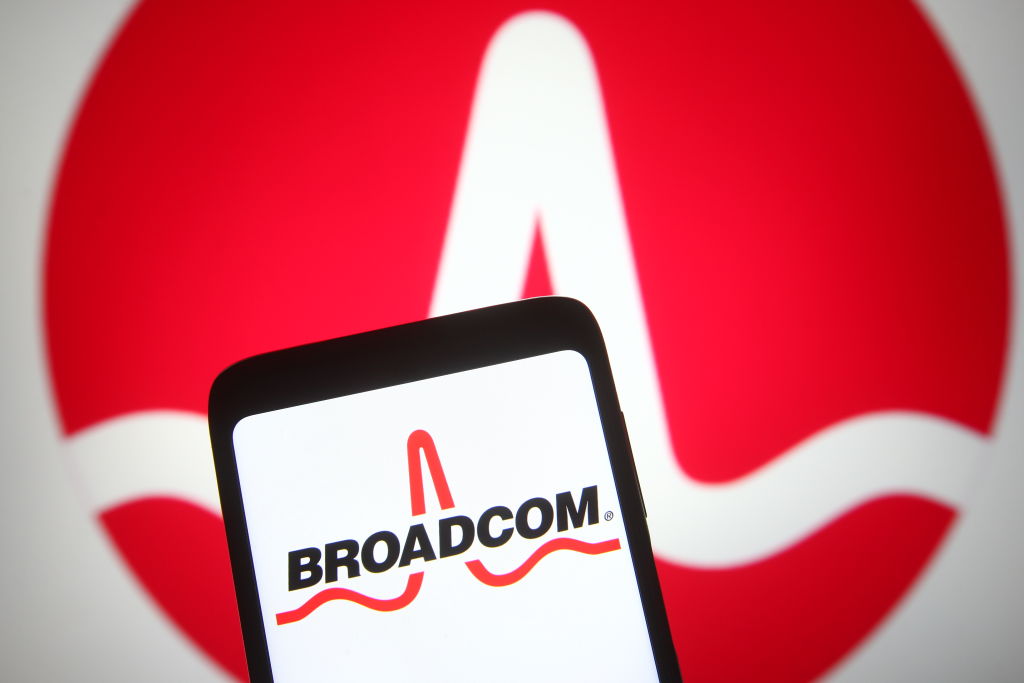VMworld Europe 2018: VMware expands AWS and IBM partnerships to fuel hybrid cloud
Virtualisation leader also snaps up Kubernetes founders


VMware is deepening its partnerships with IBM and AWS in a bid to further increase the adoption and deployment of hybrid cloud. The company has also announced a number of additional partnerships and a new acquisition.
Announced at the company's annual European conference VMworld Europe, the biggest news was a tie-up with IBM, a company which itself shook the tech world just last week with the announcement that it was set to snap up open source giant Red Hat.
IBM and VMware are teaming up to launch a new fully automated cloud architecture based on minimising downtime for mission-critical VMware workloads across IBM Cloud's 18 global zones. Offered through IBM's Services division, the new architecture will include Intel Optane DC SSD technology, IBM Cloud infrastructure hardware and VMware's software-defined data centre products, aiming to offer customers 99.99% uptime for their essential workloads with automatic failover.
"We believe this a great game-changer for enterprise clients", said Arvind Krishna, IBM's senior vice president of hybrid cloud.
"The VMware and IBM partnership builds upon the strengths of both companies," VMware CEO Pat Gelsinger said. "Now with the latest advancements in our relationship, we're making it possible for customers to move, modernise and operate any application - VM or containerised, traditional or mission-critical - in the IBM Cloud."
In addition, support was announced for a number of products within IBM and VMware's respective portfolios. For example, VMware vCenter Server deployments on IBM Cloud now support installation of IBM Cloud Private Hosted, and products under the IBM Cloud for VMware banner can now be integrated with IBM Cloud Kubernetes Service, while vRealise Operations is now compatible with IBM Power Systems servers and IBM has certified VMware's NSX-T network virtualisation technology for use as an IBM Cloud Private network stack.
Of course, it wouldn't be an IBM announcement without Watson, and sure enough, Gelsinger announced that VMware would be integrating IBM's AI into its customer service portals to allow users to navigate through the support portal using natural language rather than impersonal drop-down interfaces, hopefully giving a better - and faster - support experience.
Get the ITPro daily newsletter
Sign up today and you will receive a free copy of our Future Focus 2025 report - the leading guidance on AI, cybersecurity and other IT challenges as per 700+ senior executives
The two companies are even opening a 'Joint Innovation Lab', which will see engineers from both companies working together to collaborate on new products, solutions and technologies.
IBM wasn't the only company VMware was cosying up to, however; public cloud titan AWS was also singled out as a key partner, with Gelsinger announcing that VMware Cloud on AWS would be coming to 16 new regions worldwide over the next year. Ireland is first up in Q4 2018, followed by Paris in Q1 next year and Sweden in the second half of 2019, with the rest mostly spread across the APAC region.
Not only that, but the company is also expanding its AWS-based DRaaS offering VMware Site Recovery, doubling the amount of supported virtual machines from 500 per software-defined data centre to 1,000. It has also worked with parent company Dell EMC to integrate VMware Site Recovery with VxRail, the hyper-converged infrastructure solution co-designed by Dell and VMware. The integration will allow customers to quickly set up and enact failover from their VxRail appliances to VMware Cloud on AWS instances without having to reconfigure or modifying their VMs.
New features were also announced for VMware Horizon 7 installations running on AWS, and customers running VMware Cloud on AWS will also soon have access to customer support from within their VMware environments - a feature that VMware says it's planning to bring to the rest of its products at some point in the future.
There was a raft of smaller-scale partnership announcements too, including the integration of services from Okta, Carbon Black and Google into VMware's WorkSpace ONE VDI platform, which now also supports DeX-enabled Samsung devices like the Galaxy S9. Dell Provisioning for Workspace ONE is also now available as part of the Dell ProDeploy Client Suite, allowing customers to bolt additional deployment services onto their Workspace ONE provisioning orders at a reduced rate.
While not strictly speaking a partnership, one of the most interesting announcements was the news that VMware would be acquiring Heptio, a company specialising in Kubernetes tools and development that was founded by Craig McLuckie and Joe Beda, two of the original founders of Kubernetes. VMware will be looking to use the skills and technologies that it acquires as part of the deal to improve its PKS offering, increasing its strength in the container space.
"The Heptio news this morning made my day," said Jim Zemlin, executive director of the Linux Foundation. "Craig Mcluckie and Joe Beda were instrumental in the creation of Kubernetes and the founding of the Cloud Native Computing Foundation. We are all happy for their success."
"Following so closely after the IBM/Red Hat news, this is yet another example of a large company that believes open source and open cloud computing are critical to future growth."
Adam Shepherd has been a technology journalist since 2015, covering everything from cloud storage and security, to smartphones and servers. Over the course of his career, he’s seen the spread of 5G, the growing ubiquity of wireless devices, and the start of the connected revolution. He’s also been to more trade shows and technology conferences than he cares to count.
Adam is an avid follower of the latest hardware innovations, and he is never happier than when tinkering with complex network configurations, or exploring a new Linux distro. He was also previously a co-host on the ITPro Podcast, where he was often found ranting about his love of strange gadgets, his disdain for Windows Mobile, and everything in between.
You can find Adam tweeting about enterprise technology (or more often bad jokes) @AdamShepherUK.
-
 Should AI PCs be part of your next hardware refresh?
Should AI PCs be part of your next hardware refresh?AI PCs are fast becoming a business staple and a surefire way to future-proof your business
By Bobby Hellard Published
-
 Westcon-Comstor and Vectra AI launch brace of new channel initiatives
Westcon-Comstor and Vectra AI launch brace of new channel initiativesNews Westcon-Comstor and Vectra AI have announced the launch of two new channel growth initiatives focused on the managed security service provider (MSSP) space and AWS Marketplace.
By Daniel Todd Published
-
 How simplicity benefits the IT partner ecosystem
How simplicity benefits the IT partner ecosystemSponsored Content Across private cloud and AI adoption, simple approaches can unlock more time and money for IT teams
By ITPro Published
-
 A focused shift to partner-delivered services generates new opportunities with Broadcom
A focused shift to partner-delivered services generates new opportunities with BroadcomSponsored Content Broadcom is investing in professional services — delivered through partners — for long-term customer success
By ITPro Published
-
 VCF: The key to cloud success now and in the future
VCF: The key to cloud success now and in the futureSponsored Content Private cloud offers the security and scalability that modern enterprises require
By ITPro Published
-
 Moving Broadcom VMware licenses to subscription-based models
Moving Broadcom VMware licenses to subscription-based modelsSponsored Content With a committed channel, Broadcom makes the journey to subscription-based VMware licenses as smooth as possible
By ITPro Published
-
 VMware needs to win back trust – and VMware Explore Barcelona 2024 is its chance to do so
VMware needs to win back trust – and VMware Explore Barcelona 2024 is its chance to do soAnalysis After a year of heavily criticized messaging, VMware will need to hit reset and prove it can meet customer needs and demands
By George Fitzmaurice Published
-
 Why Broadcom is offloading VMware’s end user computing division
Why Broadcom is offloading VMware’s end user computing divisionNews Broadcom’s decision to sell the division marks the latest in a string of sales and product cuts since the VMware acquisition cleared
By George Fitzmaurice Published
-
 VMware’s vision solidifies with Broadcom’s reassurance
VMware’s vision solidifies with Broadcom’s reassuranceAnalysis With Broadcom’s acquisition of VMware now complete, customers can breathe a sigh of relief
By Rory Bathgate Published
-
 Broadcom to close VMware merger after securing China approval
Broadcom to close VMware merger after securing China approvalNews The landmark Broadcom VMware acquisition is expected to close on Wednesday 22 November
By Ross Kelly Published